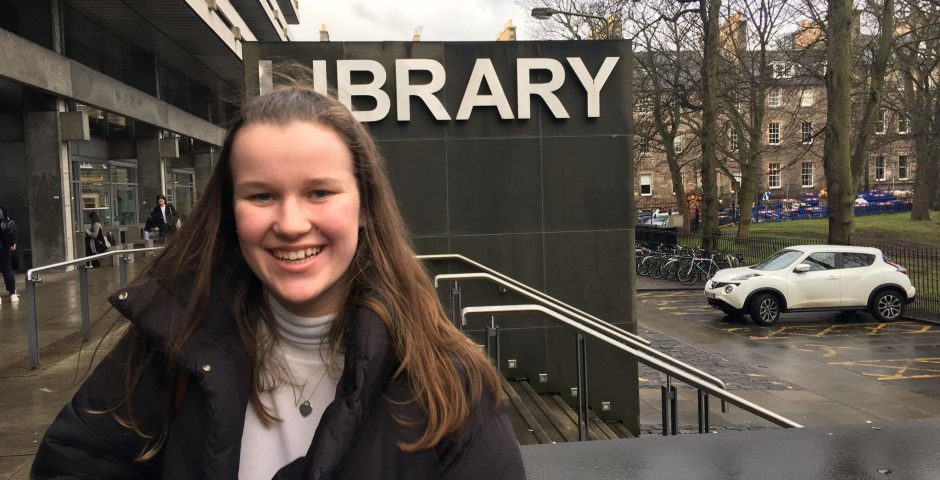
Here’s what it’s really like being dyslexic at Edinburgh
It’s ok to accept help
When many people think of dyslexia, they think of bad spelling. Whilst this is one characteristic of the condition, dyslexia is a learning disability that affects people in a magnitude of different ways. Understanding that dyslexia affects daily life is why it is so important to know and accept the help that is offered here at the University of Edinburgh. Don't be too proud to ask for help, and don't be that person who says "I think I'm dyslexic" and then never gets tested. Accepting help is the easiest way you can better not just your learning, but your life. Here's how being dyslexic can affect your day-to-day as an Edinburgh student.
Reading
Dyslexia can sometimes mean that people can take longer to read and comprehend a text than people without dyslexia would. Whilst you might be able to listen to music whilst reading, this could be simply unfathomable to your dyslexic friend. Library seshes are an all too real thing for students, but can be particularly hard for those with learning difficulties – who have to read a book again, again and again just to get a grasp on the context.
Being dyslexic at Edinburgh means that you are offered double loan time on short loan or reserve books – so instead of rushing through a text to have it finished before your loan expires, you can spend the time you need to actually comprehend it.
Lectures
Being dyslexic isn't something to be ashamed of – with one in 10 people being dyslexic, it is likely that most of you will have encountered the learning difficulty in some way or another. This being said, it doesn't change the fact that, as a dyslexic person, when you spell "Britain" wrong for the tenth time you can't help but feel embarrassed.
Instead of dimming your computer screen to try and hide the sea of red underlines on your lecture notes, the university has a magnitude of ways to make you feel more comfortable in a lecture environment. From being sent the slides early, to using recording devices during lectures – there are ways in which the impact of dyslexia can be minimised.

Gone are the days of making a fortress around my laptop
Exams
Sorry to mention this dreaded word so early in the semester, but exams are important – and how you sit them is even more crucial. When I took a Roman history class, my biggest fear leading up to the exam was not whether or not I knew enough, but rather whether they'd think I was an idiot if I spelled someone's name wrong. Surely they're not going to pass someone who can't even spell JULIOS SEASER?
Thankfully, I now have a sticker that sits at the top of my exam booklet that says I will not incur any penalties for poor spelling or grammar. This sticker of safety goes a million miles in reinstating confidence in my abilities. Moreover, computers are offered to students so that they can type out their work and edit their exams to make essays read more fluently – not to mention that this means you get to sit your exam on a swirly, soft desk chair of dreams.
Tutoring
The biggest help offered here at Edinburgh is one-to-one tutoring. This involves meeting up for typically an hour a week with a specialist. What you do in this hour is completely up to you – you can go over an essay you wrote and check its grammar, you can try different ways of reading, or you can just chat to your tutor about how dyslexia has affected you that week and they will help look for solutions to your problems.
Money
Money – the biggest thing on a student's mind. Printing out hundreds of pages of paper because you find it difficult to read from the screen is a costly endeavour.
The DSA (Disabled Student Allowance) can be applied for, and funding can be given to purchase a printer, ink, paper and so on. This does not mean you should print like there's no tomorrow, because of course we have a planet to save, but it does give you the opportunity to complete your readings to the best of your abilities without it interfering with your weekly Starbucks allowance.

Not sponsored, just love my printer
Being dyslexic doesn't have to stop you, and it doesn't have to define you. Asking for help with your learning disability is okay – so many students do, and so many students thrive because of the help they get. Yes, I am dyslexic, but I also study English Literature, and want to be a journalist. Now I've accepted help, dyslexia can't hold me back.









































